India Hot Topics
Police stopped Jamia protesters from being held till Parliament, deadlock continues for 7 hours

Hundreds of Jamia Millia Islamia students and residents of nearby areas were prevented by police from taking a march against the CAA and NRC to Parliament on Monday, leading to a seven-hour standoff during which there was a scuffle between protesters and security personnel.
The protesters began their march at noon from the university’s gate number 7, which has witnessed demonstrations for the past two months, with protesters moving to the venue due to the elections last Friday and Saturday. After marching for two kilometers, the police stopped the protesters and pleaded not to go further as there was no permission and prohibitory orders were enforced.
The protesters, led by the Jamia Coordination Committee (JCC), refused to end their protest and insisted on climbing the barricades imposed by the police and going to Parliament before sitting on ‘dharna’ outside the university. Several protesters complained of suffocation and a woman fainted when a stampede-like situation ensued when security personnel opposed efforts to push forward by a large group of agitators. Twenty-three people were taken to Al Shifa Hospital for treatment.
By 6 pm, a group of students laid siege to Sukhdev Vihar Police Station. Some protesters jumped on the barricades as police in riot gear tried to stop them. A senior police officer also climbed the barricade to push the protesters back. When the students alleged that they were “brutally beaten” by the police and some pictures were circulated online, eyewitnesses denied any lathi-charge.

Police also denied allegations of using force. In a statement, it said he “showed great patience in handling aggressive Jamia students” who were “trying to force their way through police barricades and march without parliament’s permission”.
A case has been registered against the “violent mob” under the relevant sections of the law.
A spokesperson for Al Shifa Hospital said: “three persons, including one woman, have been admitted, while around 20 other persons were undergoing first aid in the hospital”.
He claimed he suffered stomach or head injuries, as well as internal injuries. The injured include both Jamia University and local resident students. Jamia Vice Chancellor Najma Akhtar later learned of the injured in the hospital. The latest protest near Jamia came 10 days after a student was injured when a man opened fire on a group of agitators, creating a stalemate.
Officials said some protesters have been detained by the police. “The nine students were detained and taken to Badarpur police station and later released,” a senior police officer said.
The protesters shouted anti-police slogans and shouted: “Paper will not be seen” (we will not show the document) and “When we are not, why should we fear the whites” (When we are not afraid of the British, why should we fear others? be scared of).
“We can sit all day and shout slogans. They say we don’t have permission to march till Parliament. Are those who waved guns here and there in protests in the past weeks allowed?” ” Jamia’s student Farzana said.
Another burqa-clad protector said, “It has been two months since we protested. Nobody from the government has come to talk to us, so we want to talk to them.”
“They change their positions every day but we stand firm. We were born here, we will die here.” During the march, women made human chains on either side of the road, waving the tricolor and chanting “Halla Bol”. Jamia Millia Islamia proctor Wasim Ahmed Khan appealed to the students to disperse.
“The message has been sent. I request the students to go back to the university. Respect the law and go back in peace,” he urged the students. The Sukhdev Vihar metro station near the university was closed and opened after an hour as the protest escalated by evening. A separate group of protesters agitated outside the metro station and drove the police away from the area.
The Pope said that a case has been registered in connection with the incident under section 186 of IPC (obstructing public servant in discharge of public functions), 188 IPC (disregarding order to be duly ordered by public servant), 353 ( Assault or criminal force for the detention of a public servant) from the discharge of his duty), 332 (whoever voluntarily in the discharge of his duty as any public servant as such public servant) Hurts) and harms the Public Property Act.
For five hours, repeated appeals and announcements were made by the police, requesting students not to march towards Parliament and barricading. CAA allows easy citizenship for Hindus, Sikhs, Buddhists, Christians, Zoroastrians, and Jains who came to India from Pakistan, Afghanistan
Also Read: AAP CROSSES MAJORITY MARK IN TRENDS UP TO 9 PM FOR DELHI ASSEMBLY ELECTIONS
Movie
The Madras High Court has granted early screenings of Vijay’s Leo movie from 7 AM, requesting the TN government to resolve any issues.
Madras High Court Grants Early Screenings of Vijay’s “Leo” Movie at 7 AM, Urges TN Government to Address Concerns
The Madras High Court has made a landmark decision in favor of the much-anticipated Tamil film “Leo,” starring actor Vijay. In a significant move, the court has granted permission for early screenings of the movie from 7 AM, urging the Tamil Nadu government to swiftly address any issues and facilitate the smooth release of the film. This decision marks a pivotal moment in the realm of Tamil cinema and the entertainment industry at large.
Historical Context:
The Indian film industry, particularly the Tamil film industry, has seen its share of controversies and challenges related to film releases. Issues such as censorship, political disputes, and public sentiment have often played a significant role in shaping the release schedules and screening times for films. Vijay, one of Tamil cinema’s most prominent actors, has been at the center of such controversies in the past. This decision by the Madras High Court is, therefore, particularly noteworthy.
The Ruling:
The Madras High Court’s decision to permit early screenings of “Leo” comes as a response to a plea filed by the film’s producers. The court, while considering the plea, took into account various factors, including the film’s anticipated popularity and the prevailing circumstances. The court emphasized the importance of accommodating the audience’s interests and allowing them to enjoy the film without disruptions.
A Step Towards Normalization:
The court’s decision signifies a positive shift in the film industry, where release dates and screening times are often mired in controversy. By allowing screenings to commence at 7 AM, the court aims to reduce the chances of public unrest and congestion near theaters, especially in the wake of high-profile film releases.
The Role of the Tamil Nadu Government:
The Madras High Court, in its ruling, also called upon the Tamil Nadu government to cooperate in ensuring a seamless release for the film. This cooperation extends to providing necessary security measures to maintain law and order around theaters during the early screenings.
Implications for the Entertainment Industry:
The decision is expected to set a precedent for the release of other highly anticipated films, not just in Tamil cinema but also in the broader Indian film industry. The court’s emphasis on the importance of accommodating the audience’s interests could lead to more flexible screening times for movies in the future.
The Audience’s Perspective:
For moviegoers and fans of Vijay, this decision comes as a welcome relief. They can now look forward to enjoying the film without any undue delays or disruptions, ensuring a memorable cinematic experience.
In conclusion, the Madras High Court’s ruling to allow early screenings of Vijay’s “Leo” at 7 AM while urging the Tamil Nadu government to resolve any issues paves the way for a more audience-centric approach in the film industry. It is a landmark decision that highlights the importance of balancing the interests of filmmakers and the movie-loving public. This judgment is poised to make a positive impact on the release of future films, ushering in a new era of flexibility and convenience for cinema enthusiasts.
Group Media Publications
Entertainment News Platforms – anyflix.in
Construction Infrastructure and Mining News Platform – https://cimreviews.com/
General News Platform – https://ihtlive.com/
Podcast Platforms – https://anyfm.in
-
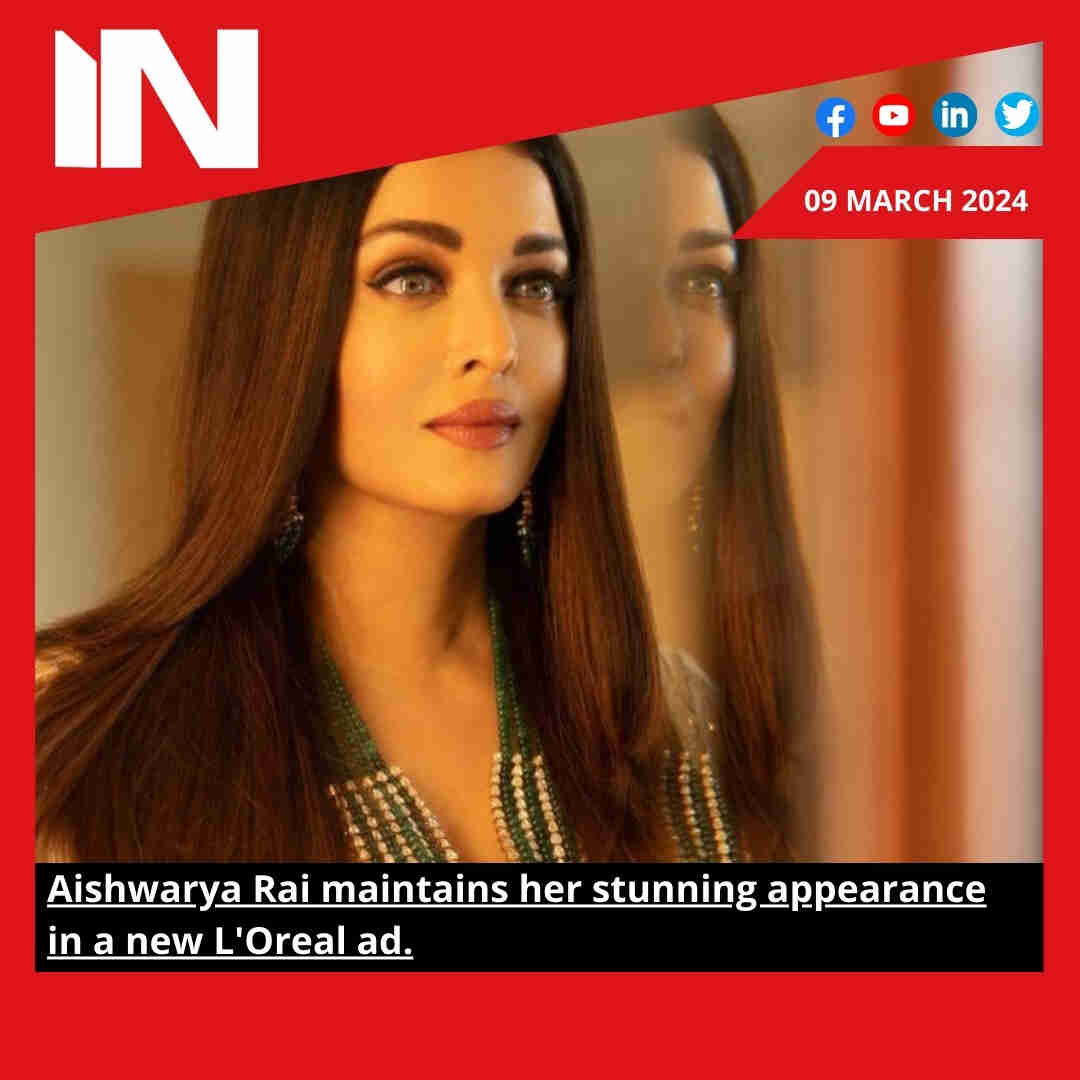
 Bollywood2 months ago
Bollywood2 months agoAishwarya Rai maintains her stunning appearance in a new L’Oreal ad.
-

 health and remedies2 months ago
health and remedies2 months agoThe article discusses the potential health risks associated with swallowing dry ice
-
.jpg)
.jpg) Music1 month ago
Music1 month agoSidhu Moosewala’s father and baby brother feature on Times Square billboard; fans react. Watch
-
Bollywood3 weeks ago
Rasha, the daughter of Raveena Tandon, discusses how trolling affects her: “I think in processing it, feeling bad for a bit.”
-
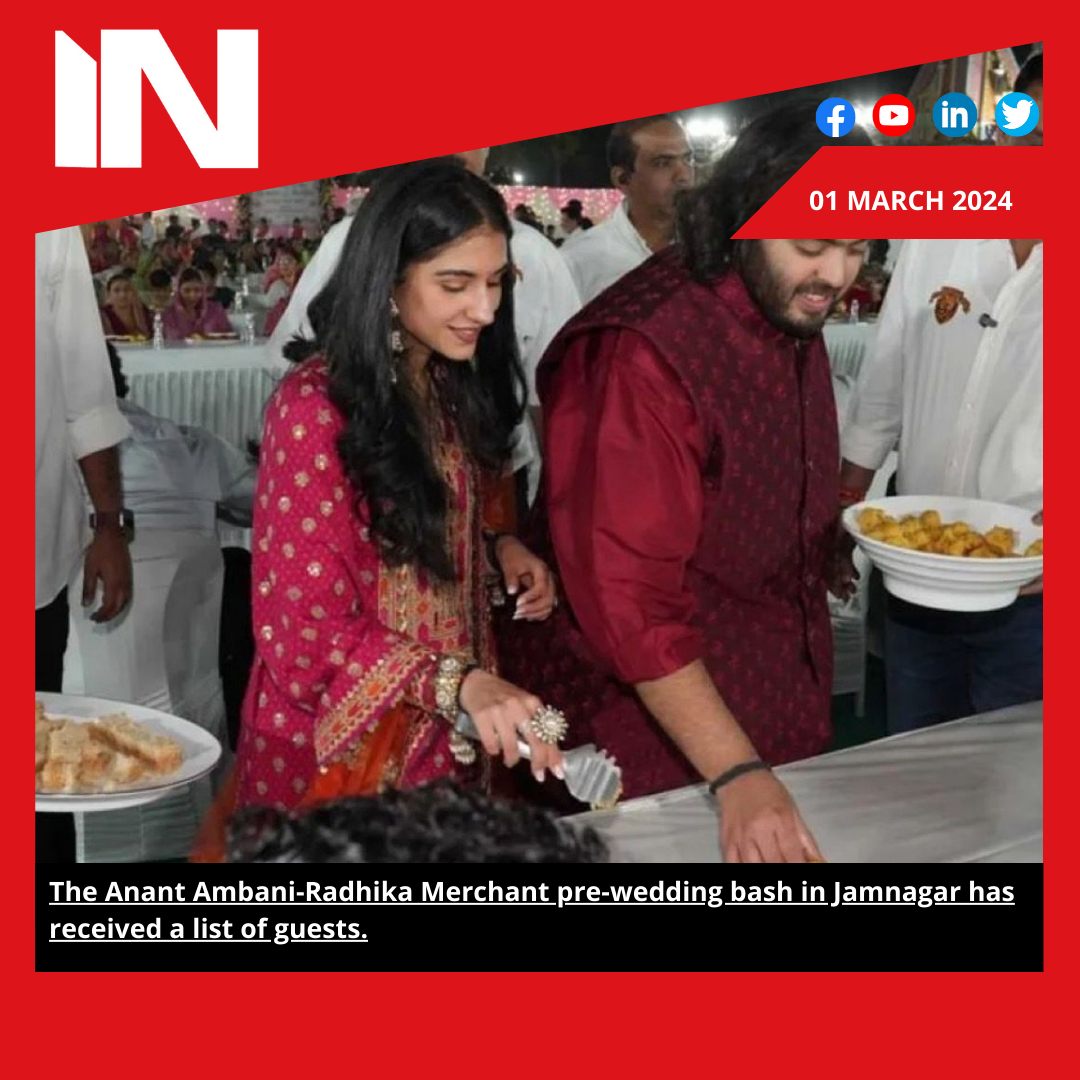
 Entertainment2 months ago
Entertainment2 months agoThe Anant Ambani-Radhika Merchant pre-wedding bash in Jamnagar has received a list of guests.
-
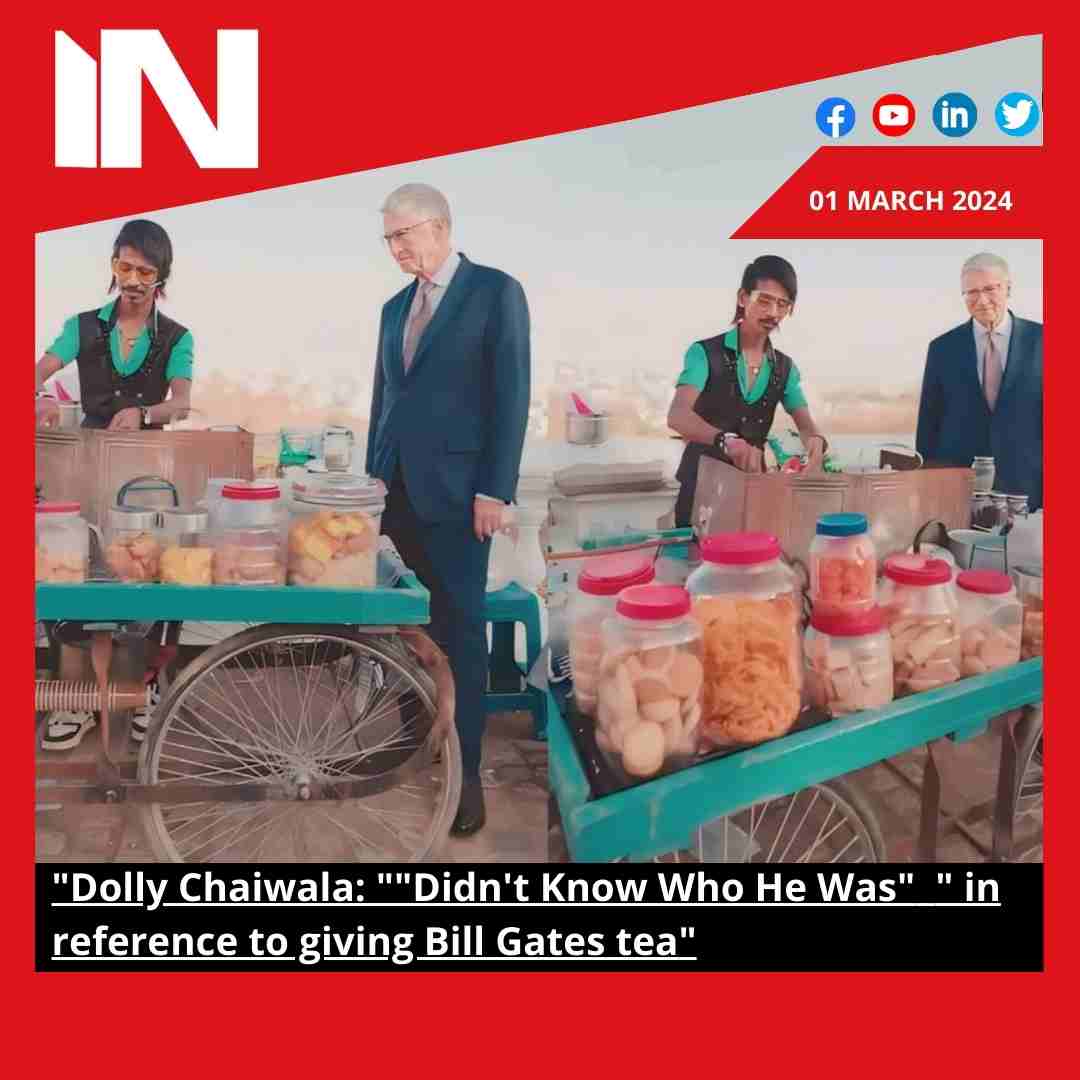
 Trending2 months ago
Trending2 months agoDolly Chaiwala: “Didn’t Know Who He Was” in reference to giving Bill Gates tea
-

 Bollywood4 weeks ago
Bollywood4 weeks agoThe phrase “female-led projects” annoys Bhumi Pednekar. “It disgusts me deeply.”
-

 Trending2 months ago
Trending2 months agoOppo Reno 12 Pro Key Features Leak Online: Expected to Receive a 1.5K Display with a Density 9200+ SoC





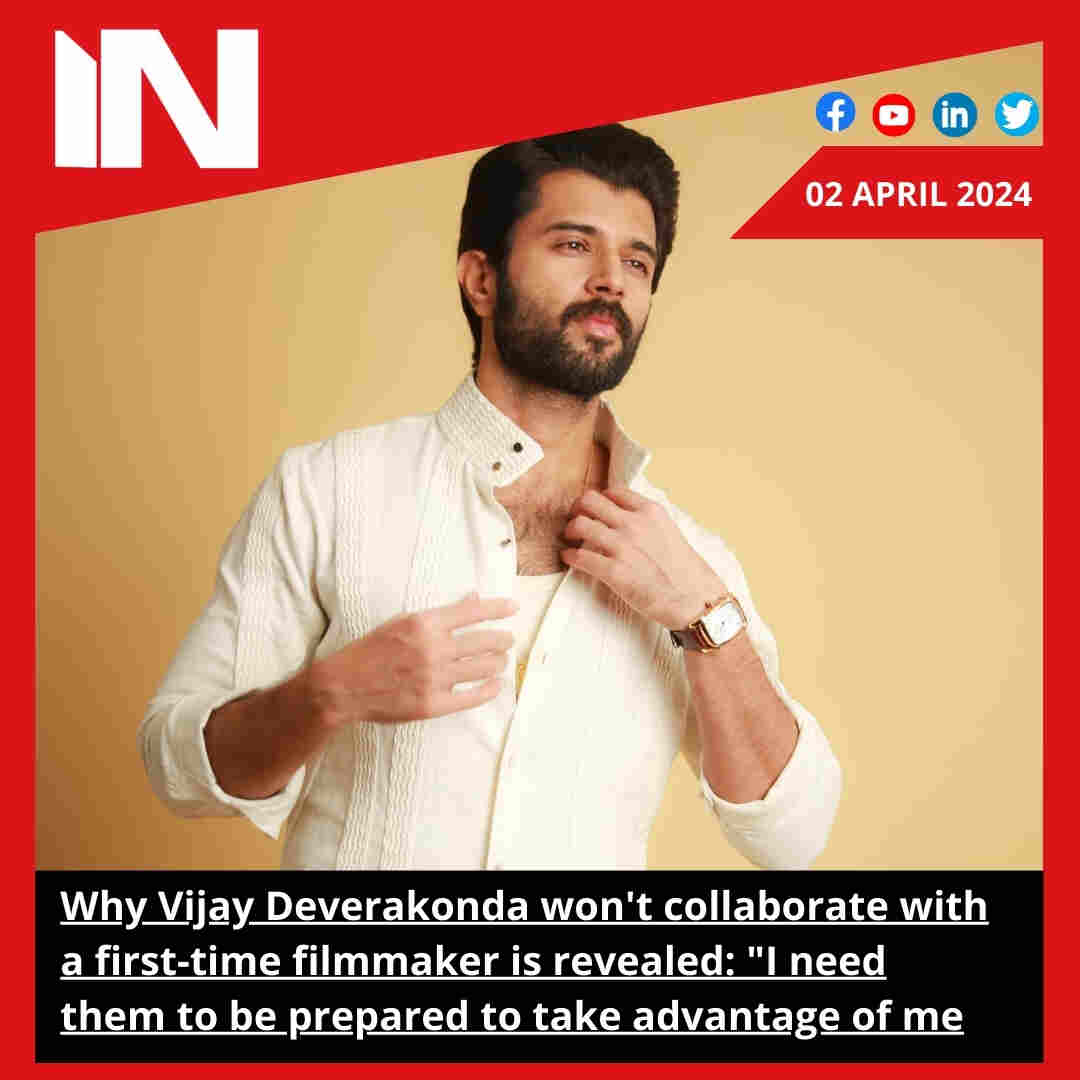
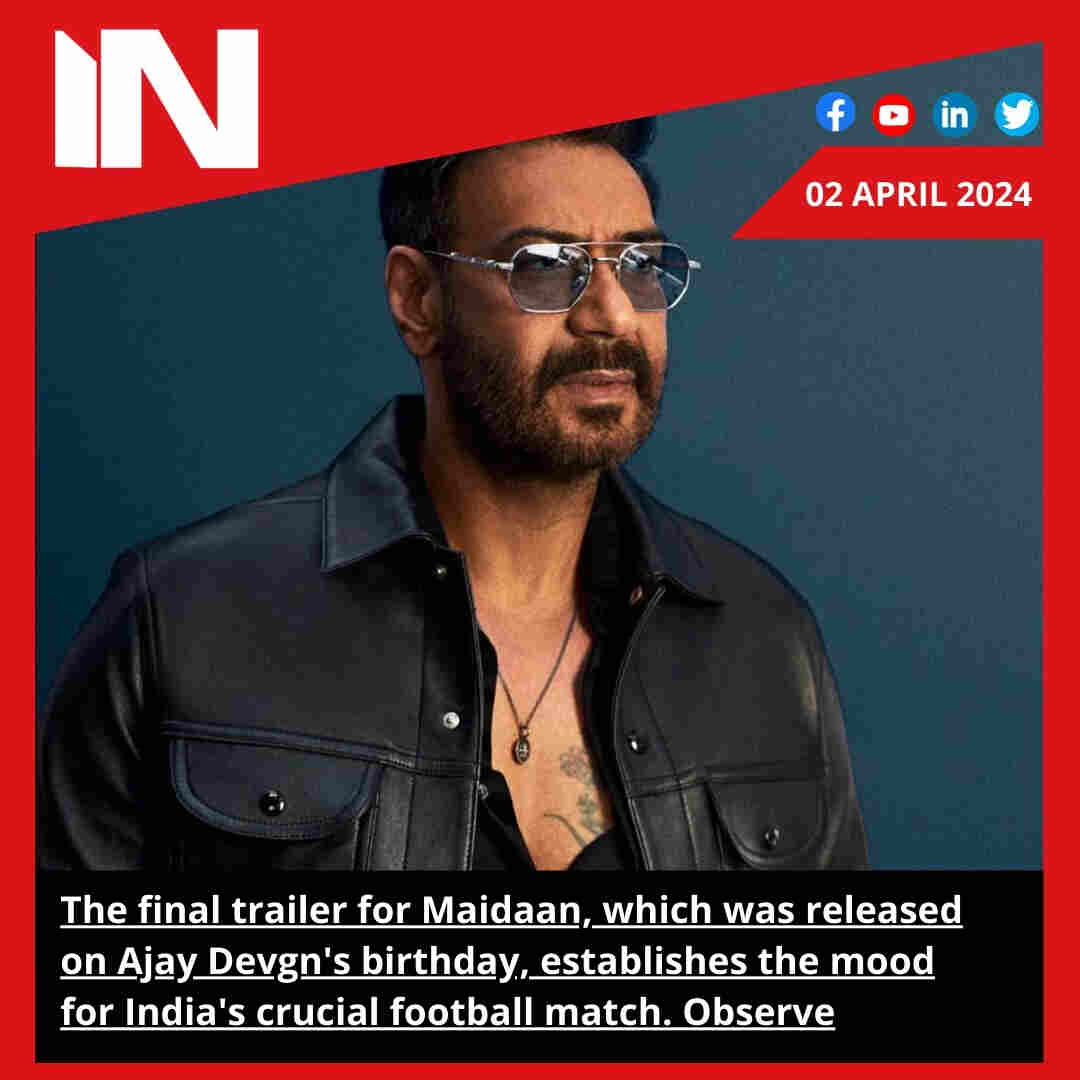

.jpg)





